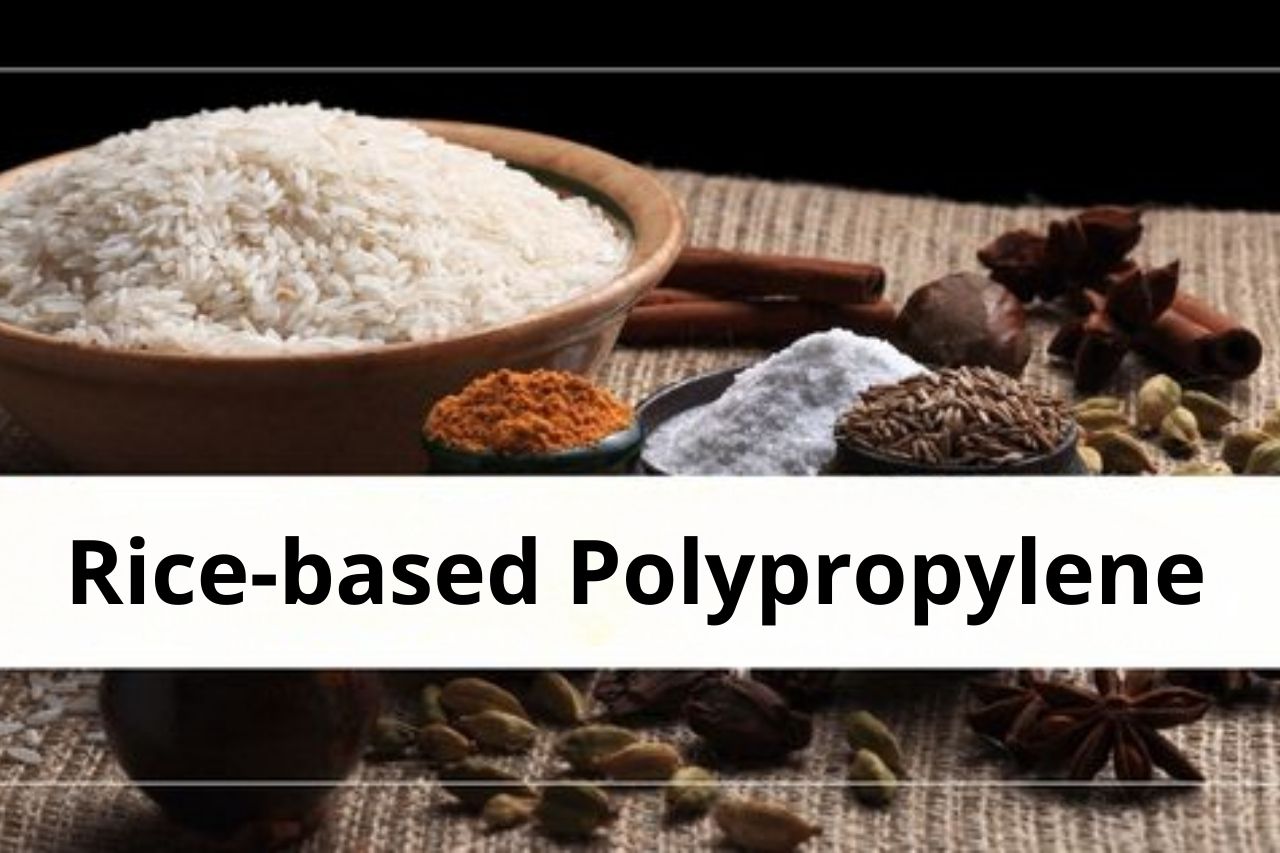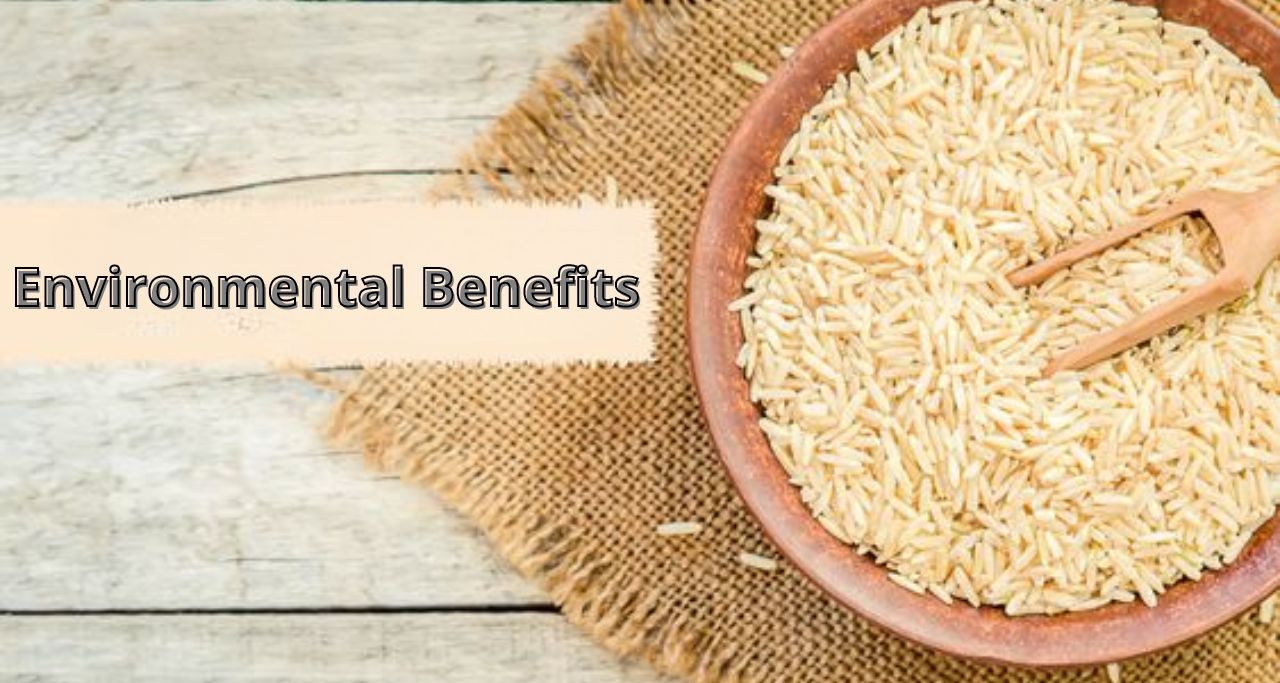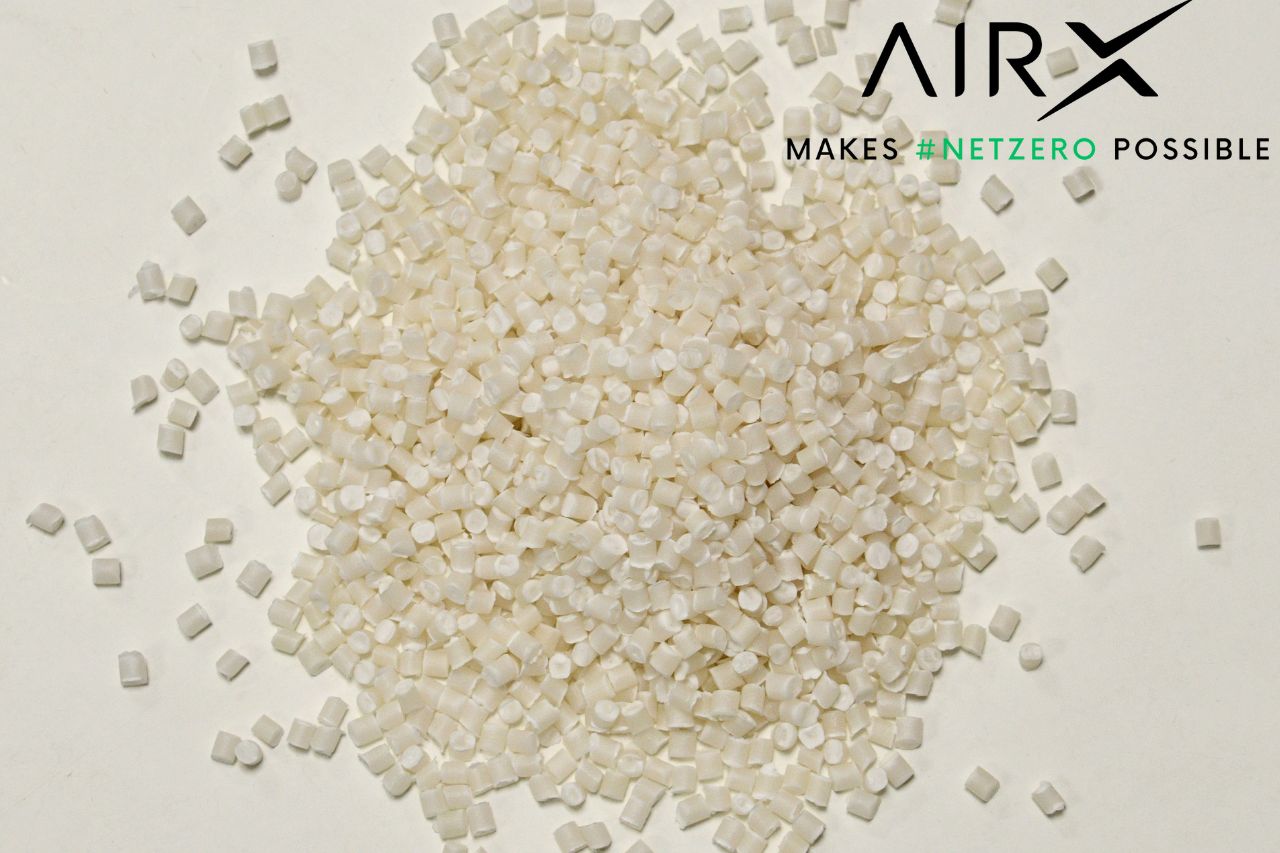From Waste to Resource: The Benefits of Using Rice-Based Polypropylene

Welcome to our blog, "From Waste to Resource: The Benefits of Using Rice-Based Polypropylene," where we delve into the incredible advantages of this innovative material. Rice-based polypropylene offers a sustainable alternative that turns waste into a valuable resource, revolutionizing the way we approach plastics.
In this article, we will explore the numerous benefits of rice-based polypropylene and its positive impact on the environment. From its eco-friendly properties to its versatility in various industries, we will showcase why this material is gaining recognition as a game-changer in the world of sustainable materials. Join us as we uncover the transformative potential of rice-based polypropylene and the exciting possibilities it holds for a greener future.
Environmental Benefits
Reduced Carbon Footprint and Greenhouse Gas Emissions: Rice-based polypropylene offers a reduced carbon footprint compared to traditional plastics. As it is derived from rice husks, a by-product of rice production, it utilizes a by-products material that would otherwise be discarded. By repurposing rice husks, we can minimize waste and reduce the need for virgin plastic production. This helps lower greenhouse gas emissions associated with the extraction and manufacturing of traditional plastics.
Renewable and Sustainable Resource: Rice-based polypropylene is made from renewable sources, making it an environmentally friendly choice. By utilizing rice husks, which are abundantly available as agricultural by-products, we reduce the dependence on fossil fuels. This promotes the use of sustainable resources and helps in conserving finite resources.
Biodegradable and Compostable Properties: Another significant environmental advantage of rice-based polypropylene is its biodegradability and compostability. Unlike traditional plastics that can persist in the environment for hundreds of years, rice-based polypropylene has the ability to break down naturally. When disposed of properly, it can biodegrade, minimizing the long-term environmental impact. Moreover, it is compostable, meaning it can be added to organic waste systems and undergo composting processes, contributing to nutrient-rich soil.
By choosing rice-based polypropylene, we can actively reduce carbon emissions, promote sustainability, and contribute to a circular economy. Its reduced carbon footprint, renewable nature, and biodegradability make it a valuable alternative to traditional plastics. Embracing this innovative material brings us closer to a more environmentally conscious and sustainable future.

Economic Advantages
Rice-based polypropylene not only offers environmental benefits but also presents compelling economic advantages. Let's explore how this innovative material can contribute to cost-effectiveness, job creation, and increased market demand for sustainable materials.
Cost-effectiveness compared to traditional polypropylene: Rice-based polypropylene provides a cost-effective alternative to traditional polypropylene, a petroleum-based material. With rice waste serving as the primary source, the production costs of rice-based polypropylene can be significantly lower, making it an attractive option for manufacturers. This cost advantage allows businesses to reduce their expenses while embracing sustainable practices, ultimately enhancing their bottom line.
Potential for job creation and economic growth in rice-producing regions: Rice-based polypropylene has the potential to stimulate job creation and economic growth in regions where rice production is prevalent. The extraction and processing of rice waste into polypropylene can generate employment opportunities throughout the supply chain, from farmers and processors to manufacturers and distributors. This presents a unique chance to uplift local communities and strengthen the agricultural economy by transforming rice waste into a valuable resource.
Increased market demand for sustainable materials: As the global demand for sustainable materials continues to rise, rice-based polypropylene is well-positioned to meet market needs. Industries across various sectors, including packaging, automotive, and construction, are increasingly seeking eco-friendly alternatives to traditional materials. The unique properties of rice-based polypropylene, combined with its environmental benefits, make it an attractive choice for businesses aiming to meet consumer demands for sustainable products. This growing market demand creates new opportunities for manufacturers and suppliers of rice-based polypropylene, driving economic growth and fostering innovation within the industry.
The economic advantages of rice-based polypropylene extend beyond cost-effectiveness. Its potential to create jobs and stimulate economic growth in rice-producing regions strengthens local economies and contributes to sustainable development. Furthermore, the increasing market demand for sustainable materials positions rice-based polypropylene as a key player in meeting consumer expectations for eco-friendly products. By embracing this resource, businesses can not only enhance their profitability but also contribute to a more sustainable and prosperous future.
Applications of Rice-Based Polypropylene

Rice-based polypropylene offers a wide range of applications across various industries, providing sustainable alternatives and contributing to eco-friendly practices. Let's explore the versatile uses of this innovative material in the packaging, automotive, and construction industries.
Packaging industry: As the global push for sustainable packaging solutions gains momentum, rice-based polypropylene emerges as a viable option. It can be molded into various forms, such as films, containers, and trays, offering a sustainable alternative to traditional plastic packaging. Rice-based polypropylene packaging is lightweight, durable, and biodegradable, making it an ideal choice for eco-conscious brands looking to reduce their environmental impact and meet consumer demands for sustainable packaging solutions.
Automotive industry: Rice-based polypropylene proves to be a game-changer in the automotive sector, particularly for enhancing fuel efficiency. Its lightweight nature makes it an excellent substitute for traditional materials in the production of automotive components. By replacing heavier components with rice-based polypropylene, vehicles can experience improved fuel efficiency without compromising on durability or safety. Additionally, the use of this sustainable material contributes to reducing carbon emissions and enhancing the overall environmental performance of vehicles.
Construction industry: The construction industry can benefit greatly from the use of rice-based polypropylene in building materials. It can be incorporated into products such as insulation boards, roofing tiles, and pipes, offering durability, thermal insulation, and moisture resistance. Rice-based polypropylene-based construction materials are not only environmentally friendly but also exhibit excellent performance characteristics, contributing to energy efficiency and sustainable building practices. By utilizing this material, the construction industry can reduce its carbon footprint and promote the development of eco-friendly structures.
Rice-based polypropylene's applications extend beyond these industries, with potential uses in furniture manufacturing, consumer goods, and more. Its versatility, combined with its eco-friendly properties, makes it an attractive choice for businesses aiming to incorporate sustainable materials into their products and operations. As consumer awareness and demand for sustainable alternatives continue to grow, rice-based polypropylene presents a promising solution for industries looking to meet these expectations while reducing their environmental impact.
Contact us
AirX is the world's first carbon-negative bio-material made from coffee grounds manufacturer.
We specialize in producing bio-based composites using recycled carbohydrates derived from by-products such as coffee grounds, coconut husk, husk, and bamboo. Our goal is to promote sustainability through the use of eco-friendly materials.
We are always here to help and provide the best service possible. If you have any questions or would like to receive advice and feedback directly from our sales staff, please do not hesitate to contact us. You can reach us through:
- Whatsapp: +84 969 742 950
- Email: [email protected]
We look forward to hearing from you!

